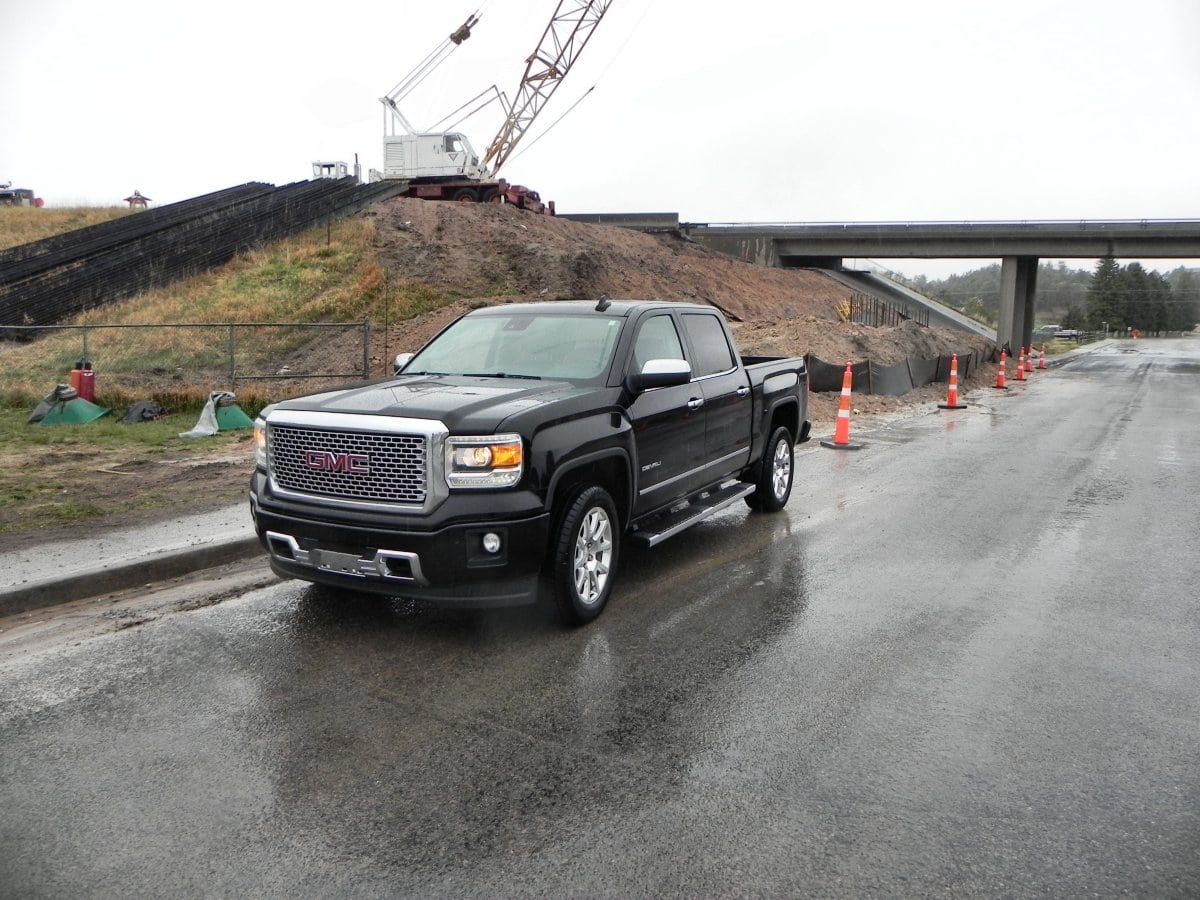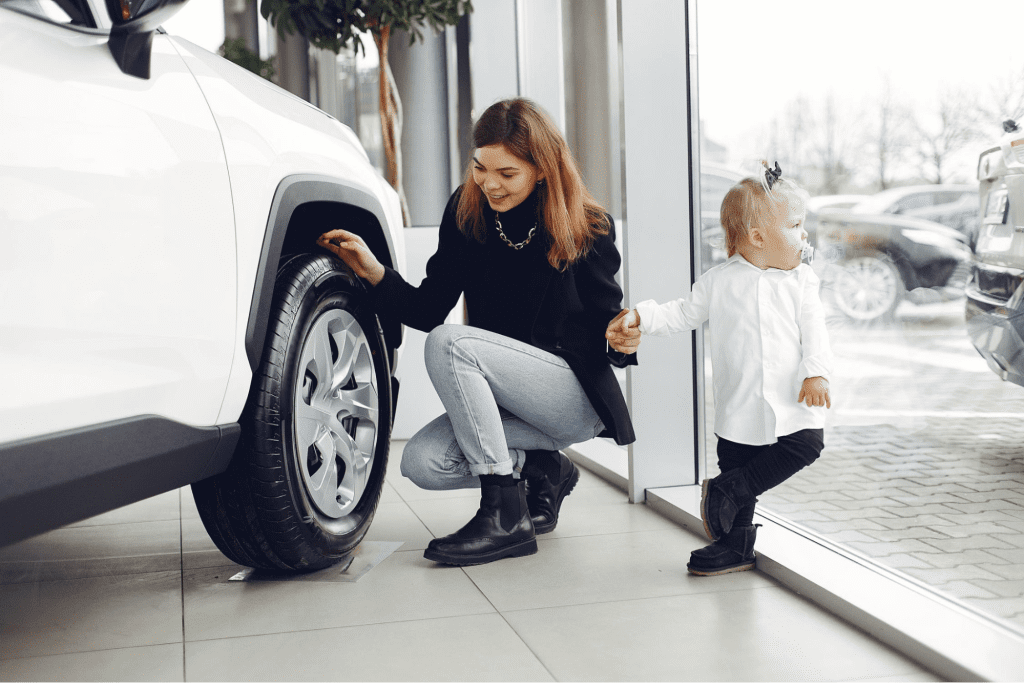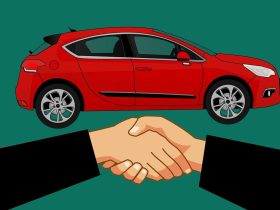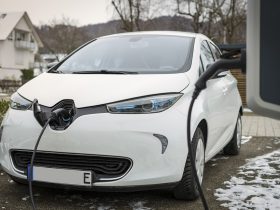Buying a new car is no easy task. There are many things you need to consider before making the final decision on what type of vehicle, budget, and fuel preference to go with. Here are some great tips on how to make this decision easier!
Type of Vehicle
Consider your lifestyle and needs when it comes time for choosing which vehicle will work best for you; not just now but also in 10 years from now as well. In Queensland, the best option for most people is a mid-sized SUV.
But, there are many other types of vehicles to consider too, such as sedans, station wagons, and utes. However, whether you’re interested in small passenger cars, SUVs and utility vehicles, or commercial vehicles, a Ford dealer’s advice is that you talk with an expert. For example, Ford’s line-up includes the EcoSport, Escape, and Kuga SUVs, which have been designed to meet a variety of lifestyles and needs. On the other hand, Ford’s commercial vehicles, such as the Transit and Everest, are built for a variety of purposes, from people moving to driving on a farm.
There are so many things to consider when buying an exotic car, from the type of vehicle you want to drive to hidden fees and maintaining your car. By preparing yourself before going to a dealership, you can negotiate more favorable terms and save money in the long run. However, first, ask yourself what kind of vehicle you need and how much you are willing to spend on it.
So, make a list of different types of vehicles that might be available to you, such as sedans, SUVs, vans, trucks, etc. Then describe what the purpose of each type would typically be and you will clearly see which one fits your needs the most.
Budget
When it comes to your budget, you should consider the full purchase price of the vehicle and not just its monthly repayments or cost per week. For example, many different factors can affect a car’s insurance premium which you must take into account before signing any contracts.
You should also consider the costs of running a vehicle, for example, fuel consumption. If you are absolutely set on buying an SUV, you might be tempted to buy one with 4WD capabilities even though you don’t need this feature most of the time. However, remember that an SUV requires more petrol to run than a sedan which will cost you more over its lifetime.
Fuel Preference
Before you choose a vehicle, consider your fuel preference. For example, if diesel vehicles are more expensive in your area, you might have to pay much more for the same model when compared with other regions in Australia where these vehicles cost less. Furthermore, buying a diesel engine will add an extra $2,000 to $3,500 to the total purchase price.
On the other hand, petrol vehicles, like Ford’s petrol SUVs, are more environmentally friendly and cost about $3,000 less than diesel.
Your driving habits will directly affect how much you spend on fuel in your vehicle. If you need to drive a lot of kilometers every year, the higher the capacity of your tank or fuel tank, the better. If you drive long commutes every morning and evening to work or school, maybe an SUV with a larger fuel capacity is your best option.
However, if you spend most of your time in the city center and your daily commutes are short, then your best choice in terms of saving petrol will be a smaller car with an engine that has direct injection technology.
Insurance Premium
The cost of insuring your vehicle can have a major impact on how much you spend every month. That’s why you should consider how old or new the car is and if it has been used by someone else before. Furthermore, if the car has an anti-theft system, such as an alarm with an immobilizer, this can also influence what you will pay for insurance.
Remember, the location where you are living will have the biggest impact on your insurance premium, so it’s important to check with your insurer or find out if different areas have different premiums depending on the crime rates of an area.
Negotiating
Before you go to a dealership, you should prepare yourself to negotiate as there are many deals offered by dealerships that aren’t advertised. For example, you could be offered a better price if the dealer sees you have shopped around for a while or even offer an extended warranty.
If your credit record isn’t perfect, try to find someone with good credit who will be willing to cosign for your loan and split the payments on a new car. This way, you can negotiate more favorable rates with dealerships.
Another thing is to ask yourself how much of a deposit can you afford to put down on your new car if any at all. A large deposit might mean that you’re able to negotiate with the dealer more since they are guaranteed some money from you. As always though, make sure you can pay back this amount in full over the time of your loan.
Hidden Fees and Final Price
The final price of a car can be made up of hidden fees. For example, some dealerships might bump up the total price by adding on luxury options that you didn’t ask for or including accessories that are costly to install such as running boards, roof racks, and tinted windows. These extra costs might not seem like much at first but can add up to hundreds or even thousands of dollars.
So, when you are choosing a car, take some time to calculate the cost of these options to make sure everything lines up with the final price. Also, keep in mind that interest rates on car loans are usually much higher than your credit card’s interest rate so make sure that you can pay it back on time.
Spare Parts and Maintaining Your Car
It’s important to know what spare parts you will need to buy when something breaks down or if you want to install accessories on your new car. Sometimes, it can be difficult for a common person to find the exact parts needed which means having them shipped from overseas might cost quite a bit of money.
For example, if you have one of the more popular vehicles from a large dealership, sales reps can get spare parts for you in just a few days. If you want to replace them yourself or buy them from an independent store then you might take weeks or even months before they arrive at your door.
There are so many things to consider when buying a new car, from the type of vehicle you want to drive to hidden fees and maintaining your car. By preparing yourself before going to a dealership, you can negotiate more favorable terms and save money in the long run. However, first, ask yourself what kind of vehicle you need and how much you are willing to spend on it.







